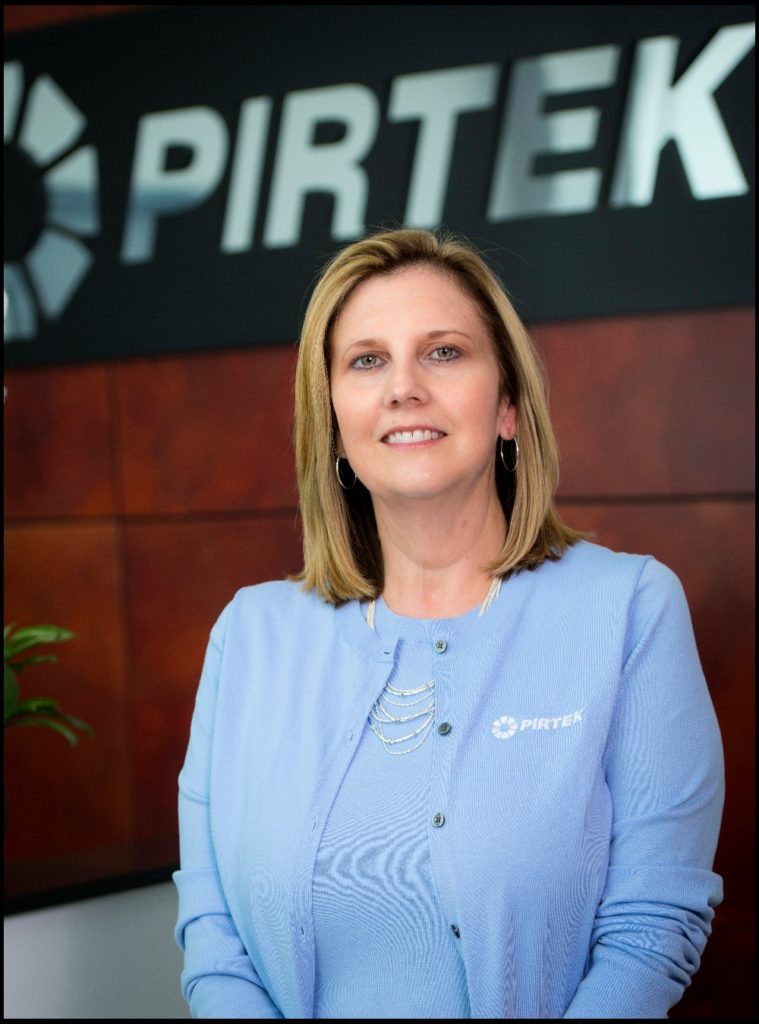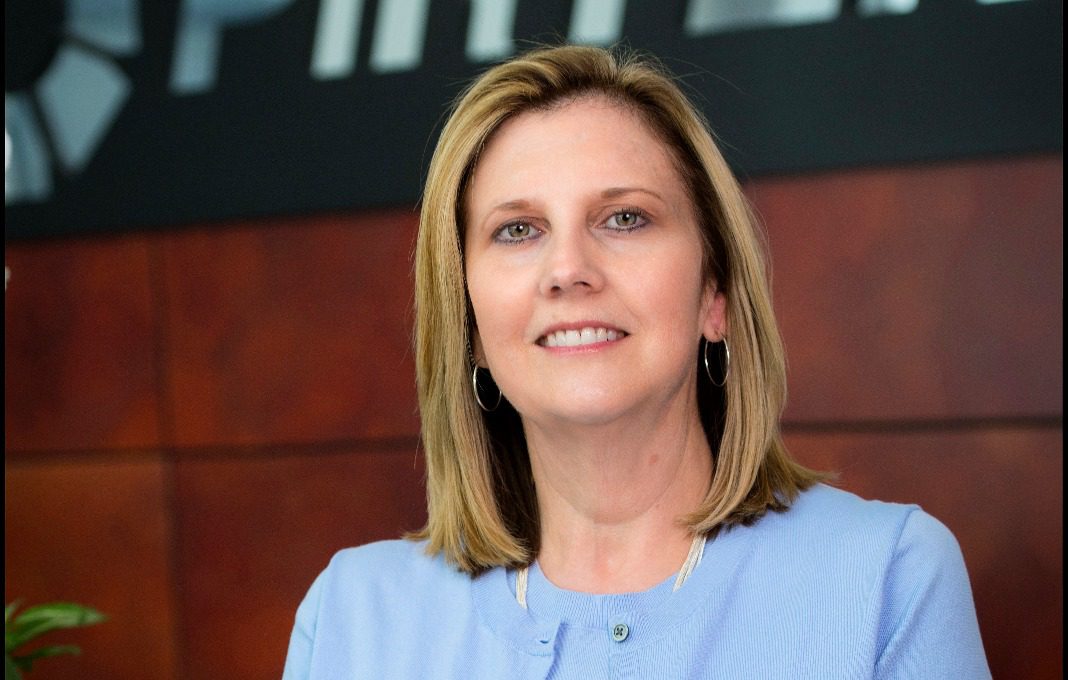 Longtime finance professional Kim Gubera is now president and CEO of Pirtek USA, a Rockledge, Florida-based company that markets and sells hydraulic hoses and industrial hoses through franchisees. Gubera joined Pirtek in 2016 as corporate controller before her promotion to CFO and vice president in 2018. In January of 2019, she assumed the role of CEO and president this August. We talked with Gubera about her path from CFO to CEO.
Longtime finance professional Kim Gubera is now president and CEO of Pirtek USA, a Rockledge, Florida-based company that markets and sells hydraulic hoses and industrial hoses through franchisees. Gubera joined Pirtek in 2016 as corporate controller before her promotion to CFO and vice president in 2018. In January of 2019, she assumed the role of CEO and president this August. We talked with Gubera about her path from CFO to CEO.
Did you have any challenges coming from finance as opposed to more conventional COO/P&L roles?
I don’t think it’s that unusual for CEOs to have a finance background, but we are a franchisor and I’ve been told it’s very unusual for it to happen in franchising. Typically, CEOs in franchising come from either a sales or marketing background because that plays such an important role in growing the franchisor’s brand.
However, when I came to Pirtek in 2016, I brought with me 16 years of franchise experience that allowed me to contribute in areas outside of finance and accounting. Prior to my coming here, the U.S. arm of Australia-based Pirtek had recently been acquired by the international company’s founding family, so it was a good opportunity to help the company re-establish relationships with the U.S. franchisees — which is vitally important to the success of our brand.
Pirtek has had exponential growth over the past five years, working with our franchisees. Since they are small business owners, expert financial judgments are important to build successful storefronts in a service-based industry. When I joined the company, it quickly became apparent that my franchising and financial background offered a valuable skill set at Pirtek, contributing to our growth.
The biggest challenge for me was having the responsibility of every aspect of the business. It’s certainly been a lot to juggle and to manage this steep learning curve, whereas a COO coming into the role of CEO would have had experience in a greater scope of responsibility. It’s probably still a little bit challenging today, but I’m better at it.
What did you need to do to transition to the CEO role?
Immediately, I reached out to a couple of mentors who helped me, because I had to be willing to learn and make faster decisions without numbers to back them up. In finance, you have numbers and historical data, but when you’re a CEO, you don’t always have that. You have to be a lot faster and you have to be a lot more comfortable delegating. I’m very fortunate to be surrounded by strong directors and a strong management team, and I can depend on them and what they are doing to keep the company moving forward.
Any other attributes from your prior finance roles that now benefit your role as CEO?
When you are a CFO, you work with all department heads as an advisor, planner, educator and a gatekeeper. You need soft skills – you’re dealing with a lot of different personalities, thought processes and mindsets. These soft skills are now helping me as CEO.
Anything else you would like other CFOs to consider when making similar moves in their careers?
Having a finance background is extremely valuable to any CEO. While many other aspects of the CEO required a learning curve to get up to speed, the financial aspects are never a challenge…leaving me time to focus on the other areas of the business. You’ll never have to be reliant on others to understand the financial matters of the company.








